On the telephone, friends mistake us now
when we first say hello—not after.
And that oddly optimistic lilt
we share nourishes my hopes:
we do sound happy. . . .
Last night, in my dream’s crib,
a one-day infant girl.
I wasn’t totally unprepared—
there was the crib, and cotton kimonos,
not just a padded dresser drawer.
And then, I knew I could drive
to the store for the tiny, funny
clothes my daughter wears.
I was in a familiar room
and leaned over the rail, crooning
Hello, and the smiling baby—
she’d be too young for speech,
I know, or smiles—
gurgled back at me, Hullo.
—If I could begin again,
I’d hold her longer, closer!
Maybe that way, when night opens
into morning, and all my windows
gape at the heartbreaking street,
my dreams wouldn’t pierce so,
I wouldn’t hold my breath
at the parts of my life still in hiding,
my childhood’s white house
where I lunged toward the flowers of love
as if I were courting death. . . .
Over the crib, a mobile was spinning,
bright birds going nowhere,
primary colors, primary
as mothering once seemed. . . .
Later, I wonder why I dreamt
that dream, yearning for what I’ve had,
and have
why it was my mother’s room,
the blonde moderne bedroom set
hidden under years of junk—a spare room’s
the nicest way to put it,
though now all
her crowded rooms are spare—



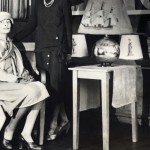
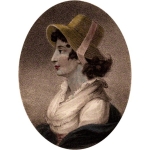

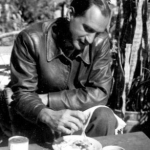

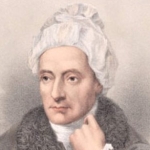
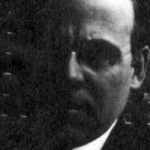
Comment form: